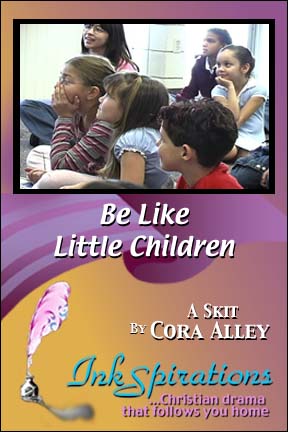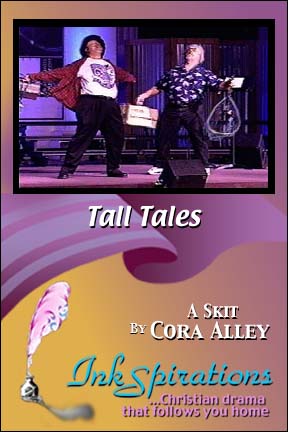-
 In this Christmas skit, Grandpa Beasley is coaxed to come to church by his tiny grand-daughter who reminds him that although Christmas may be for children, You're a child of God, and you're in His family; you always will be. This skit sets up a sermon on Christmas being for all the children of God.
In this Christmas skit, Grandpa Beasley is coaxed to come to church by his tiny grand-daughter who reminds him that although Christmas may be for children, You're a child of God, and you're in His family; you always will be. This skit sets up a sermon on Christmas being for all the children of God.
















